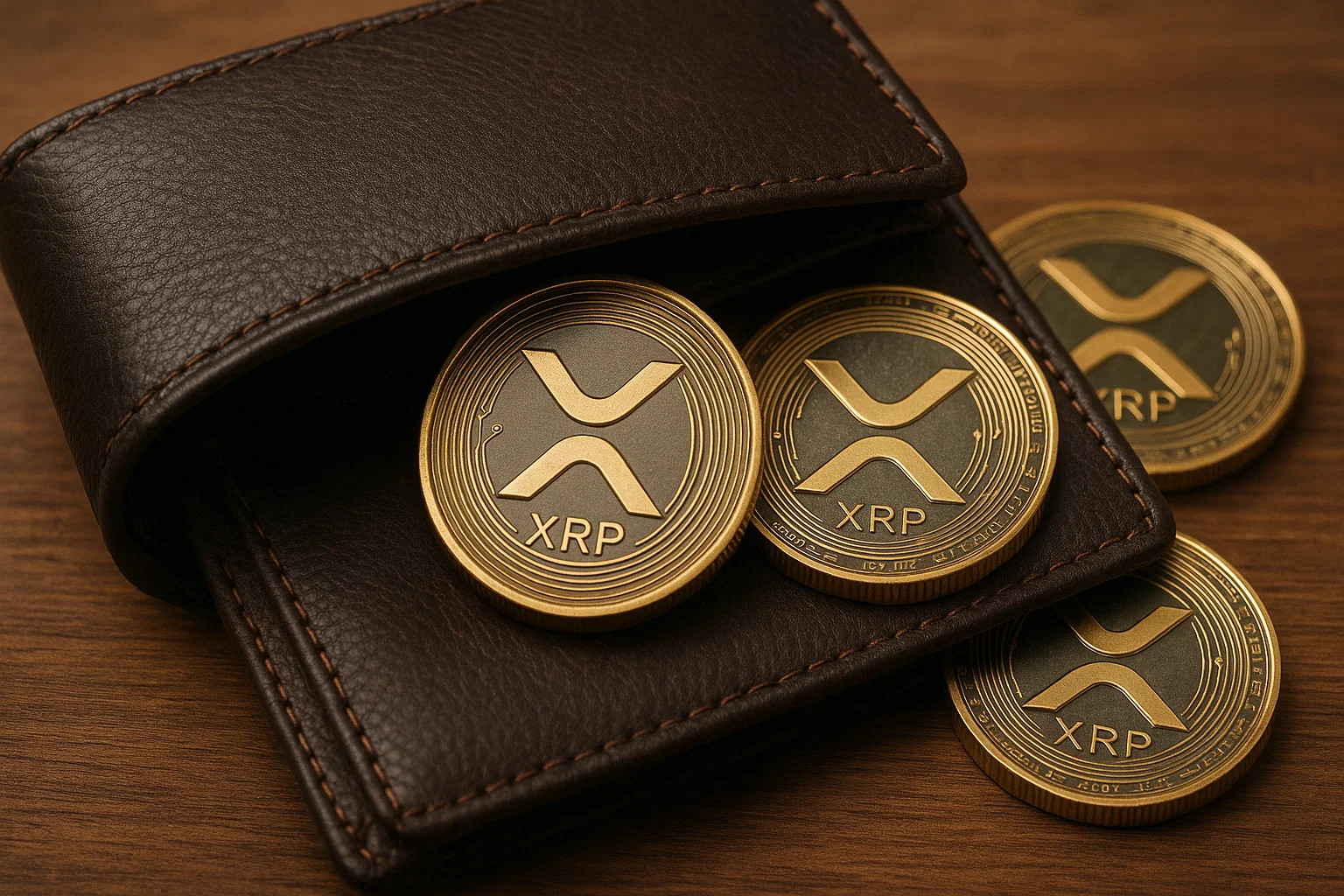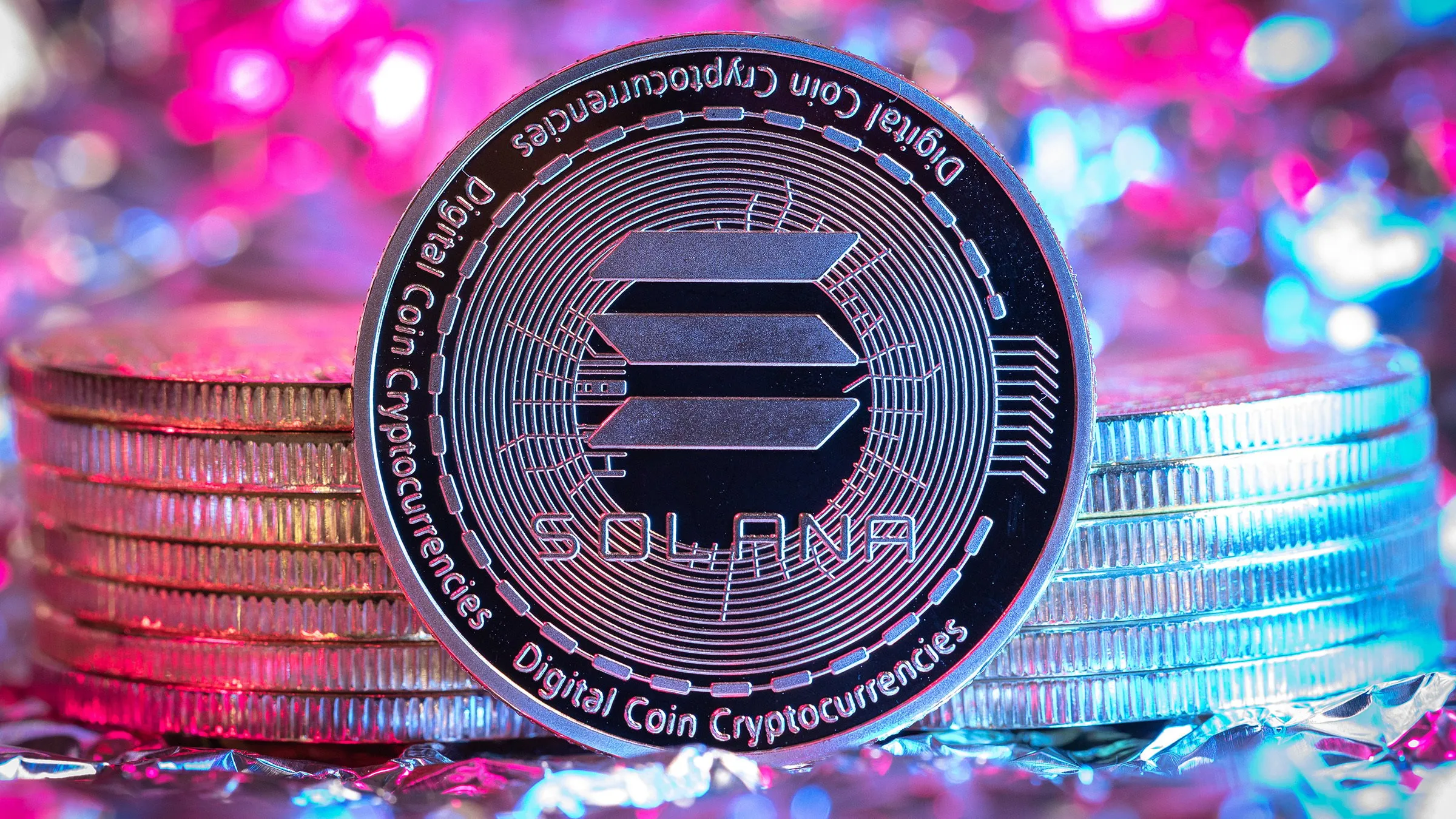|
Getting your Trinity Audio player ready...
|
On September 24, Circle Internet Financial, the issuer of US Dollar Coin (USDC), unveiled its latest innovation: the Compliance Engine, a blockchain-based platform designed to bolster regulatory adherence for companies developing on-chain applications. This initiative marks a significant step forward in the intersection of cryptocurrency and compliance, aiming to streamline processes while enhancing security for blockchain transactions.
What Is The Compliance Engine?
Circle’s Compliance Engine is a comprehensive suite of tools that offers services crucial for maintaining the integrity and safety of blockchain transactions. With features like transaction screening and monitoring solutions, the platform is engineered to detect potential fraudulent activities. It also supports Know Your Customer (KYC) compliance by implementing regulations such as the United States Travel Rule, which requires specific customer information to be disclosed during transactions.
According to Circle CEO Jeremy Allaire, the company has accumulated extensive experience in compliance over the past decade, which has culminated in this groundbreaking platform. By providing developers and operations teams with these essential compliance tools, the Compliance Engine empowers them to integrate regulatory standards into their financial applications built on various blockchain networks.
Enhancing the USDC Ecosystem
The Compliance Engine extends Circle’s Web3 development toolkit, which also encompasses programmable wallets and smart contract platforms, all anchored by USDC. Initially, the Compliance Engine will be operational across several prominent blockchain platforms, including Avalanche, Ethereum, Polygon PoS, and Solana. This strategy is expected to attract more developers to adopt USDC, seamlessly integrating the stablecoin into secure and compliant blockchain projects.
The launch of the Compliance Engine is seen by many stakeholders as a pivotal move to increase USDC usage in an increasingly competitive stablecoin landscape. Notably, Circle has partnered with Sony, connecting USDC with the company’s Soneium platform, a layer-2 Ethereum-based service. This collaboration is anticipated to enhance USDC’s adoption within the Web3 ecosystem, offering promising avenues for both institutional and retail investors.
Circle’s expansion efforts also include recent launches in countries like Brazil and Mexico. These market opportunities come at a crucial time as competition among stablecoin issuers intensifies, underscoring the necessity for innovative solutions to capture market share. The Compliance Engine adds an extra layer of confidence, encouraging users to utilize USDC as a reliable bridge between traditional assets and cryptocurrencies.
Strengthening Market Position
Circle’s initiative to enhance compliance features aligns with its broader strategy to solidify USDC’s dominant position in the stablecoin market. Currently, USDC boasts a total market capitalization of approximately $36 billion, yet it lags behind its main competitor, Tether’s USDT, which commands over $119 billion. Moreover, PayPal’s PYUSD, with a market cap exceeding $1 billion since its inception, adds to the competitive landscape.
As the financial industry increasingly transitions towards blockchain technology, compliance becomes paramount. Circle, along with other blockchain networks like Polygon, aims to capitalize on the burgeoning market for tokenized real-world assets (RWAs), including tokenized investment funds.
Circle’s Compliance Engine is set to redefine how blockchain applications manage compliance and regulatory standards. By prioritizing security and adherence to regulations, Circle not only fortifies the integrity of USDC but also enhances its appeal as a stablecoin solution in a rapidly evolving digital landscape. As Circle continues to innovate and expand, USDC’s role in bridging the gap between traditional finance and cryptocurrency could become more pivotal than ever.
Disclaimer: The information in this article is for general purposes only and does not constitute financial advice. The author’s views are personal and may not reflect the views of Chain Affairs. Before making any investment decisions, you should always conduct your own research. Chain Affairs is not responsible for any financial losses.
Crypto and blockchain enthusiast.




